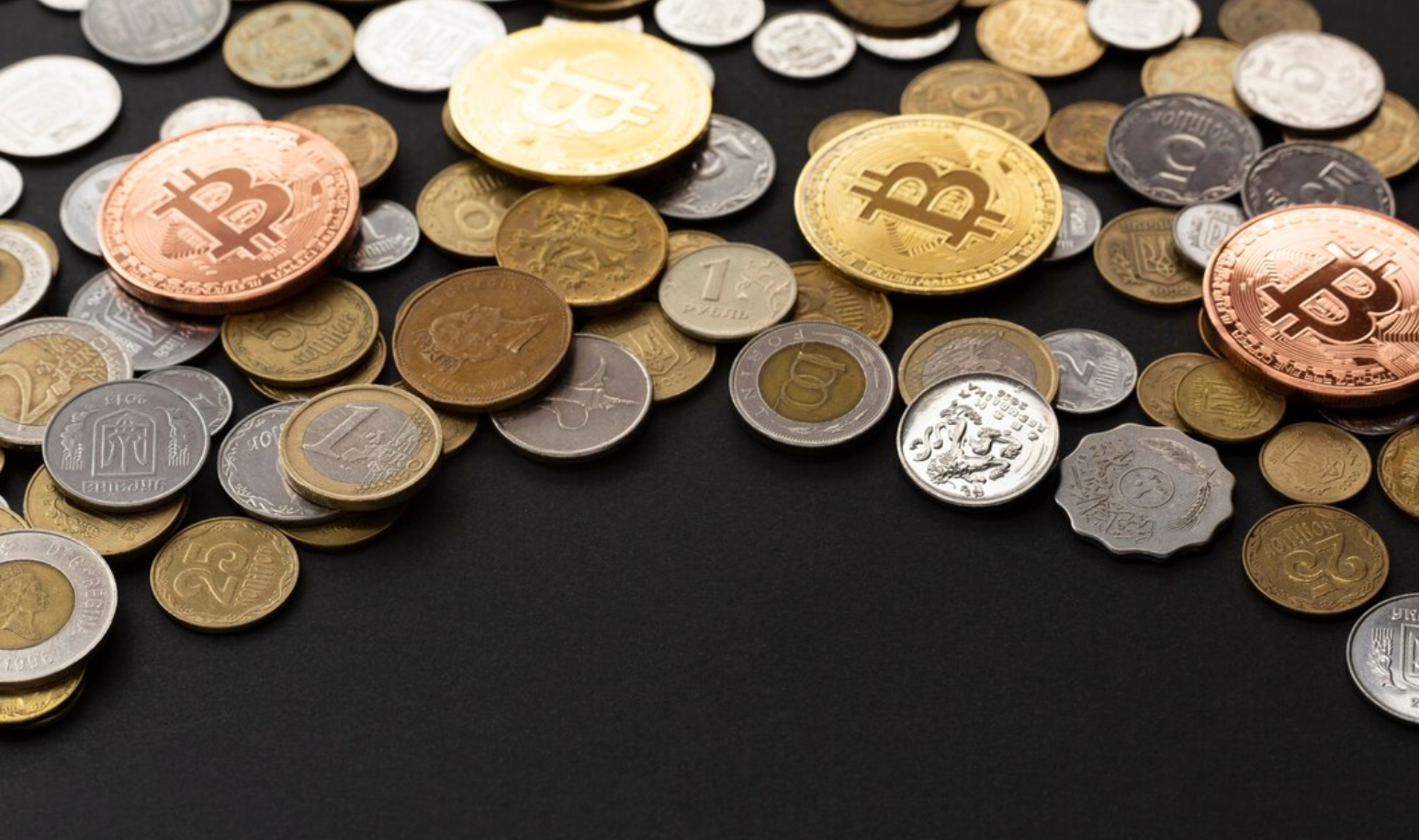Data Protection Bill of 2022 – In a Nutshell, Crypto Legal, in collaboration with the Indian Blockchain Forum, published a paper on the 12th of December. Digital Data Protection Bill 2022
Data Protection Bill of 2022 will have on blockchain technology was discussed in detail in the study.
The authors drew attention to some issues with the currently proposed bill.
By Nidhi Bhardwaj: On November 18, Data Protection Bill of 2022 the Digital Data Protection Bill 2022 was made available for review by the general public after being released by the Union Ministry of Electronics and Information Technology. According to the opinions of several specialists, the new measure is superior to its predecessor in terms of the removal of restrictions and the simplicity of its implementation. But can we say the same thing about the blockchain industry?
On December 12th, in response to the introduction of this Bill, Crypto Legal, which is situated in Bangalore and provides Legal, Data Protection Bill of 2022 Regulatory, and Policy Advisory for Blockchain Companies, produced a report. This document was published by the corporation in conjunction with the India Blockchain Forum.
In it, both organizations examined the influence that the Bill will have on the Blockchain industry. Together with Anshuman Singh, who is in charge of research and policy at Crypto Legal, and Sharat Chandra, who is the vice president of Earth, a decentralized identification platform, Purshottam Anand, who is the founder of Crypto Legal, are the authors of this piece.
What are the most important aspects of the paper?
The recently published document emphasized the importance of technological neutrality and specific challenges with blockchain technology, as well as the primary aspects of the bill that are relevant to the blockchain. Throughout their investigation, the writers placed a strong emphasis on the concepts of “data fiduciary,” “data anonymization,” “right to erasure,” and “international transfers.”
This article’s authors referred to data fiduciaries when they stated that “the current bill is unable to address the difficulties encountered by blockchain technology.” Someone who decides why and how personal information is processed is a data fiduciary. Data Protection One of the challenges is that blockchain, which is based on decentralized technologies, does not now make it possible for a single person or a group of people to always maintain control over the data.
“This presents a challenge for the bill, which stipulates the designation of a data fiduciary as the one responsible for the data.
According to the research, “without a clear Data Fiduciary, it may be impossible to implement the bill’s provisions.”
The authors focused their attention on the necessity of securing the data stored on the blockchain in response to the issues described above. Further, they said, the Data Protection Bill of 2022 “Technologies like anonymization, pseudonymization, and encryption are crucial for assuring the data security on a blockchain; yet, the bill does not provide enough guidelines on its use.”
The authors emphasized that the current measure does not effectively handle the issue of foreign transfers, which is further evidence that their thesis is valid. “Because blockchains are not subject to any one nation’s laws or regulations, securing international transactions by going via official channels while complying with key disclosure standards has become an urgent matter. According to the source, Data Protection Bill of 2022 “It goes on to argue that the current form of the bill is built on the ‘notice by fiat’ paradigm, which is costly and difficult to monitor. “






